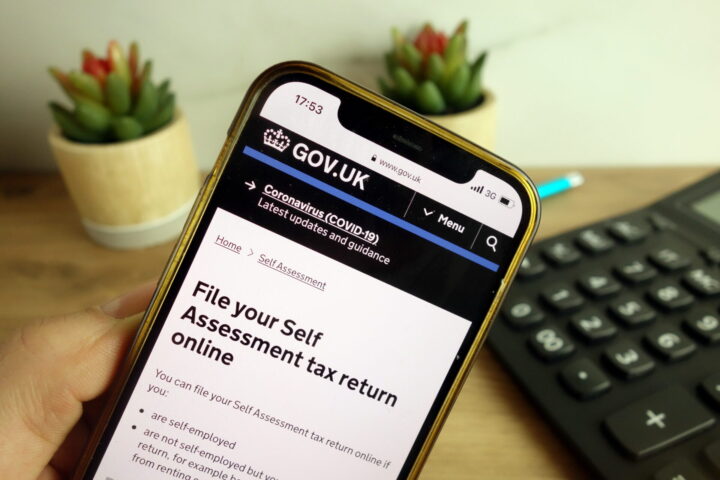Almost a quarter of a million vulnerable people receiving Employment and Support Allowance have been given personalised help to move to Universal Credit as the migration of legacy benefits nears completion, Government data revealed.
According to research published earlier this week, more than 95% of ESA claimants invited to transfer have now moved to Universal Credit.
This represents over 750,000 people since large-scale migration began in July 2024.
Around 40% of eligible claimants have used additional support offered by the Department for Work and Pensions (DWP).
The Enhanced Support Journey includes phone calls, home visits and assistance from dedicated teams for those considered more likely to be vulnerable.
The support aims to ensure claimants understand their migration notice and can continue to access the correct level of benefits.
The data release follows the government’s earlier announcement of an above-inflation increase to the Universal Credit standard allowance, which the Institute for Fiscal Studies has described as the largest permanent real-terms uplift to out-of-work support since the 1980s.
Minister for Social Security and Disability, Sir Stephen Timms, said: “Over 220,000 vulnerable people have now got the specialist support they need to move to Universal Credit – proof that we’re delivering a social security system that has respect at its heart.
“We’re making sure no one gets left behind, offering real help throughout the process via our helpline, online guidance, and Citizens Advice support.
“If you get that letter asking you to move to Universal Credit, don’t ignore it – it’s crucial to respond, so you can keep getting the support you’re entitled to.”
Terry, a claimant who was assisted during the transition, said: “The support made all the difference. At first, I found the process challenging – particularly transferring information about my rent.
“But once I connected with Work Coach Des, everything changed. He guided me through each step and sorted everything out brilliantly.
“It’s great having one dedicated person who really understands your situation. Des explained things clearly and made the whole process smooth. The support is definitely there when you need it – you just need to find the right person to help, and then everything falls into place.”
The government plans to close Income Support and income-based Jobseeker’s Allowance at the start of April 2026 as part of wider welfare system changes.
Multiple support channels remain in place, including a dedicated helpline, Jobcentre appointments and Citizens Advice’s Help to Claim service.
The Enhanced Support Journey also forms part of broader work to incorporate disabled people’s perspectives into policy design, supported by an Independent Disability Advisory Panel led by Zara Todd.
















